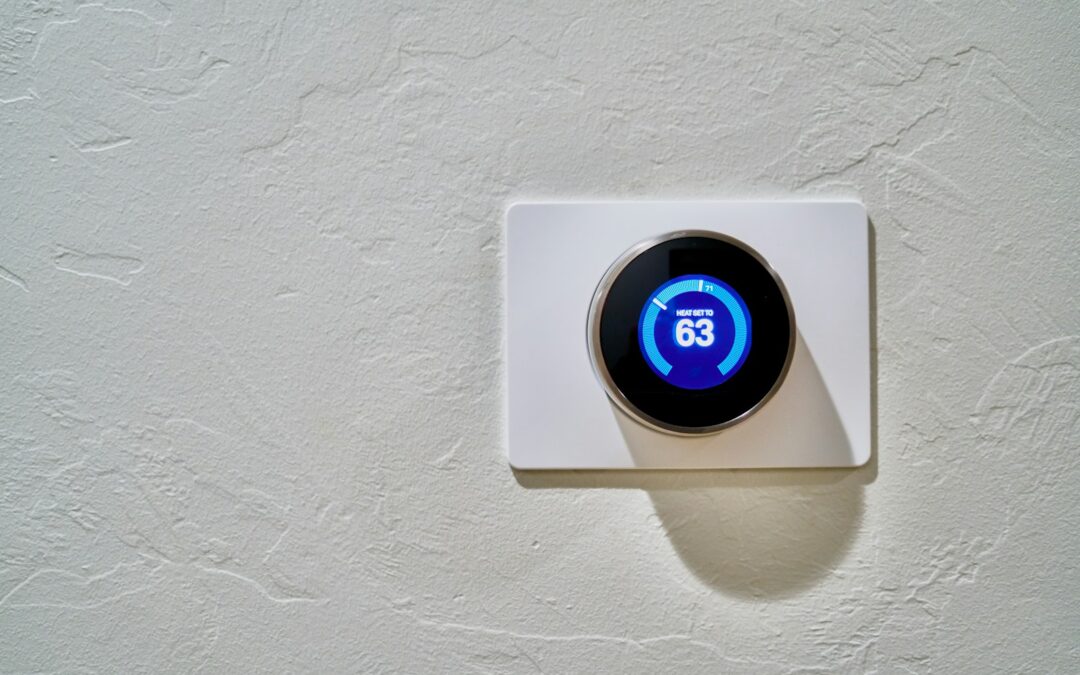The Role of IoT Actuators in Smart Systems
IoT Actuators: Bridging Data and Action
IoT actuators in smart systems play a critical role in translating data collected by IoT sensors into tangible actions. IoT sensors gather valuable data on various parameters such as temperature, humidity, motion, and light. This data is then processed and analyzed to derive actionable insights. However, for these insights to manifest into real-world effects, actuators are essential. Actuators, which can be electrical, hydraulic, or pneumatic devices, respond to signals from the IoT system and perform actions such as opening valves, switching lights on or off, adjusting thermostats, or moving machinery parts.
In Saudi Arabia, the integration of IoT actuators in smart city initiatives is a testament to their importance. For instance, in Riyadh, smart lighting systems equipped with IoT sensors and actuators adjust street lighting based on real-time data about traffic flow and ambient light conditions. This not only enhances energy efficiency but also improves public safety. By responding to sensor data dynamically, these systems ensure optimal lighting conditions at all times, reducing energy wastage and lowering operational costs.
Similarly, Dubai’s adoption of smart building technologies showcases the pivotal role of IoT actuators. In these buildings, IoT sensors monitor environmental conditions and occupancy levels, while actuators control HVAC systems, lighting, and security mechanisms. This seamless interaction between sensors and actuators results in enhanced comfort, security, and energy management. By automating these systems, buildings can maintain ideal conditions without manual intervention, illustrating the transformative impact of IoT actuators in smart environments.
Optimizing Industrial Processes with IoT Actuators
The deployment of IoT actuators in smart systems extends beyond urban infrastructure to industrial applications, where they significantly enhance process efficiency and productivity. In manufacturing, IoT sensors monitor machine performance, detecting anomalies and predicting maintenance needs. Actuators then act upon this data to adjust machine settings, initiate repairs, or shut down equipment to prevent damage. This proactive approach minimizes downtime and ensures continuous, optimal operation of industrial machinery.
In the UAE, smart manufacturing facilities are leveraging IoT actuators to automate production lines and improve operational efficiency. For example, in Dubai’s advanced manufacturing sectors, actuators control robotic arms, conveyor belts, and assembly lines based on real-time data from IoT sensors. This automation reduces the need for manual intervention, speeds up production processes, and maintains high-quality standards. By integrating IoT actuators into industrial systems, businesses can achieve higher levels of precision, efficiency, and reliability.
Saudi Arabia’s oil and gas industry also benefits from the integration of IoT actuators. In this sector, IoT sensors monitor pipeline integrity, flow rates, and environmental conditions. Actuators then adjust valves, pumps, and other equipment to ensure safe and efficient operations. This real-time responsiveness is crucial for maintaining the integrity of pipelines and preventing spills or leaks. The use of IoT actuators in such critical applications highlights their role in enhancing safety and operational efficiency in industrial environments.
Future Prospects and Strategic Implementation of IoT Actuators
Advancing Smart Systems with IoT Actuators and AI
The future of IoT actuators in smart systems is closely intertwined with advancements in artificial intelligence (AI) and machine learning. By combining IoT data with AI, smart systems can achieve higher levels of automation and intelligence. AI algorithms can analyze vast amounts of sensor data, identify patterns, and make predictions. Actuators then execute actions based on these insights, optimizing system performance and responsiveness.
In Riyadh, the integration of AI with IoT actuators is driving innovation in smart city projects. AI-powered traffic management systems, for instance, use real-time data from IoT sensors to predict traffic congestion and optimize signal timings. Actuators adjust traffic lights dynamically, reducing delays and improving traffic flow. This intelligent approach to traffic management not only enhances urban mobility but also contributes to environmental sustainability by reducing vehicle emissions.
Dubai’s vision for a smart future includes the deployment of AI-driven IoT systems in various sectors. In healthcare, IoT sensors monitor patient vitals and environmental conditions, while AI algorithms analyze this data to predict health issues. Actuators then control medical devices, administer treatments, or alert healthcare providers, ensuring timely and effective patient care. The combination of IoT, AI, and actuators exemplifies the potential of smart systems to transform industries and improve quality of life.
Strategic Implementation for Business Success
The strategic implementation of IoT actuators in smart systems is essential for businesses aiming to enhance efficiency, innovation, and competitiveness. To achieve this, businesses must invest in robust IoT infrastructure, including sensors, actuators, and data analytics platforms. Additionally, integrating IoT systems with existing business processes and IT infrastructure ensures seamless operation and data flow.
In Saudi Arabia, businesses across various sectors are adopting IoT actuators to drive operational excellence. For instance, in the retail industry, IoT sensors track inventory levels and customer behavior, while actuators automate restocking and manage store environments. This integration of IoT technology enhances customer experiences, optimizes inventory management, and reduces operational costs. By strategically implementing IoT actuators, businesses can achieve higher levels of agility and responsiveness.
The UAE’s commitment to technological innovation is evident in its widespread adoption of IoT actuators in business operations. Companies in Dubai are leveraging these technologies to automate logistics, manage energy consumption, and enhance security. For example, IoT sensors and actuators in warehouses monitor and control temperature, humidity, and lighting, ensuring optimal storage conditions. This automation not only improves efficiency but also reduces the risk of product spoilage and loss.
Conclusion: Embracing IoT Actuators for a Smarter Future
In conclusion, IoT actuators in smart systems are revolutionizing how data collected by IoT sensors is transformed into meaningful actions. By enhancing urban infrastructure, industrial processes, and business operations, IoT actuators play a crucial role in driving efficiency, innovation, and responsiveness. As cities like Riyadh and Dubai continue to embrace IoT technologies, the integration of actuators will be key to realizing the full potential of smart systems. Businesses that strategically implement IoT actuators will be well-positioned to thrive in a rapidly evolving technological landscape, achieving greater success and sustainability.
—
#IoTActuators, #SmartSystems, #IoTSensors, #Automation, #SaudiArabia, #UAE, #Riyadh, #Dubai, #ArtificialIntelligence, #GenerativeAI, #ModernTechnology, #BusinessSuccess, #LeadershipSkills, #ProjectManagement












